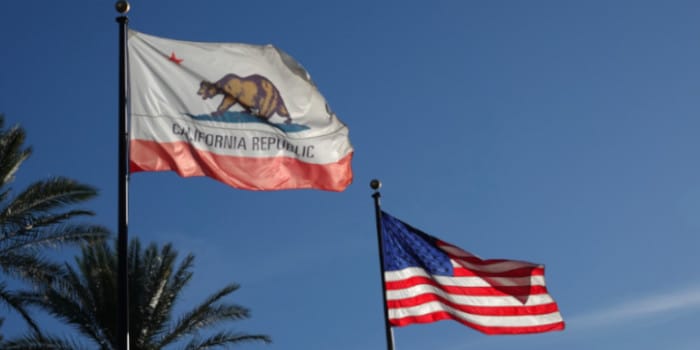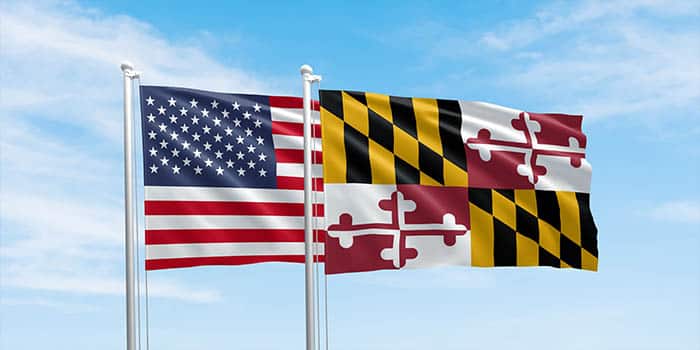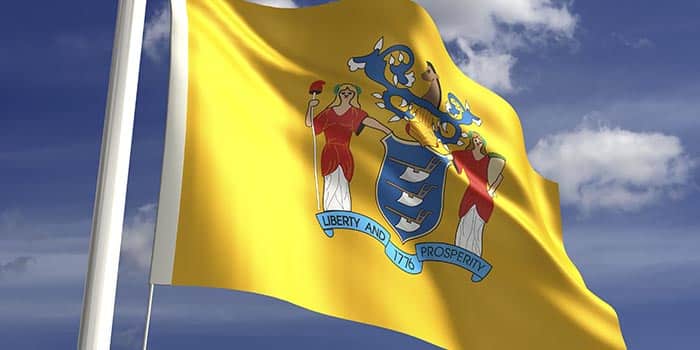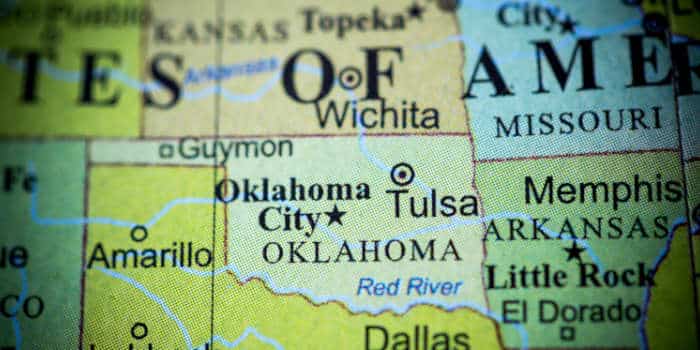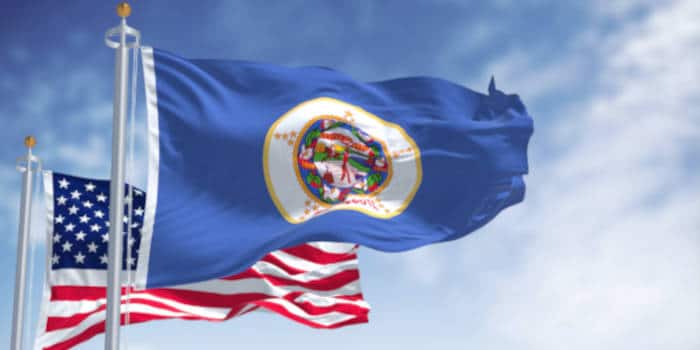- Casino
- By State
- Alabama
- Alaska
- Arizona
- Arkansas
- California
- Colorado
- Connecticut
- Delaware
- Georgia
- Florida
- Hawaii
- Idaho
- Illinois
- Indiana
- Iowa
- Kansas
- Kentucky
- Louisiana
- Maine
- Massachusetts
- Maryland
- Michigan
- Minnesota
- Mississippi
- Missouri
- Montana
- Nebraska
- Nevada
- New Hampshire
- New Jersey
- New Mexico
- New York
- North Carolina
- North Dakota
- Ohio
- Oklahoma
- Oregon
- Pennsylvania
- Rhode Island
- South Carolina
- South Dakota
- Tennessee
- Texas
- Utah
- Vermont
- Virginia
- Washington
- West Virginia
- Wisconsin
- Wyoming
- By State
- Slots
- Poker
- Sports
- Esports
Oklahoma Tribal Conflict Deepens with DOI Decision Pending

Five months into 2020, Gov. Kevin Stitt of Oklahoma and the state’s tribes have not reached a consensus about gaming compacts. Gov. Stitt has found new allies in two tribes and opposing the tribes have received help from Attorney General Mike Hunter. The US Department of the Interior is stepping in to settle the conflict.
Oklahoma Tribal and Government Conflict Deepens
At daggers drawn. This is the best way to describe the relationship between Oklahoma Governor Kevin Stitt and the state’s tribal gaming operators. With the original compacts between the state and tribes having expired on December 31, 2019, the governor and representatives of native gaming companies have not been able to negotiate new agreements.
The conflict originated in establishing whether the 15-year compacts could be renewed automatically, effective January 1, 2020, or the state needed to issue an official endorsement.
Gov. Stitt has objected to the automatic renewal, prompting the tribes to seek a declaratory judgement. As the conflicted dragged on, in April, the governor’s office announced that it had struck a deal with the Otoe-Missouria Tribe and the Comanche Nation, drawing fire from the ten tribal operators opposing the governor’s plan.
The tribes outside the newly-negotiated agreement with Gov. Stitt have not wasted daylight either, taking a unanimous stance against the outliers. In response to accepting the compacts, The Oklahoma Indian Gaming Association (OIGA) expelled both tribes throughout the rest of the calendar year, after applying bylaws amendments.
Commenting on the development, Chairman Matthew L. Morgan stressed both the importance as well as the difficulty of the decision.
“This was a difficult decision to make, but it was the correct one. Indian Gaming Association works best when its membership can speak frankly and with the trust that all members are working together to support our industry as a whole.”
There has also been pushback from OK Attorney General, Mike Hunter, who said that Stitt lacked the authority to sign the compacts with the tribes without due process. He similarly explained that fragmentizing tribal gaming could hurt the relationship between the state and tribes.
AG Hunter has already appealed to the Department of the Interior asking for the timely rejection of the compacts as a decision like doesn’t fall entirely within the governor’s remit, his argument goes.
Rejecting the Newly-Signed Compacts Is the Right Thing Say Critics
Gov. Stitt has sought a way out of a difficult situation and, seeing an opportunity to settle the conflict, he has taken it. Yet, the failure to achieve consensus with OIGA is a serious omission, opponents believe.
The Department of the Interior has been petitioned to issue a ruling in the matter and to either endorse new compacts or reject them. DOI has until June 8 to decide.
If the compacts are finalized and approved, the two tribes will win benefit the most, as they would be allowed to provide an array of betting markets, including esports and traditional sports, house banked card and table games, and more.
While this sounds good in theory, Hunter reminded that no matter what the compacts’ provisions say, these activities would remain illegal under state law. He has not been alone in criticizing the secession.
OIGA members have also sent letters of protest to DOI, appealing for the dismissal of what the tribes see as an unlawful way of setting the course of the gaming industry in Oklahoma. Gov. Stitt must be cognizant of the inherent difficulties his decision brings, but he is also determined to claim a bigger chunk of GGR from the tribes.
Under the original compacts, the tribes paid between 4% and 10% of their gaming revenue. Yet, this is now to change if the governor is to have his way. He wants gambling operators to now pay between 20% and 25%, a steep increase in the collected amount, which naturally raffles the tribes’ feathers.
Divide and Conquer: A Big Win for Some, A Smarting Loss for Others
Otoe-Missouria Tribe and the Comanche Nation are taking their luck with the government. While the tax would be higher, they are also in for some benefits. For example, Gov. Stitt has promised that the tribes will be allowed to expand their footprint by adding three new casinos each.
However, the venues chosen by the tribes and governor may in fact overlap with jurisdictions controlled by other tribes. Chickasaw Nation Senior Counsel Stephen Greetham has said that much of the action coming from the governor’s office seemed to be intentional and designed to sow discord between tribes.
Should any of the six projects were to move forward, Greetham said, it would demonstrate a “a profound disrespect for Tribes and Tribal sovereignty, on the part of both Governor Stitt and, unfortunately, the Comanche Nation.”
Terri Parton from Affiliated Tribes said that DOI has historically sided with plaintiffs, reminding that the Department has not allowed tribes to develop casinos that lied outside their jurisdiction. Morgan was unapologetic, arguing that Gov. Stitt had shown poor leadership.
Related Topics:
Stoyan holds over 9 years of esports and gambling writing experience under his belt and is specifically knowledgeable about developments within the online scene. He is a great asset to the Gambling News team with his niche expertise and continual focus on providing our readers with articles that have a unique spin which differentiates us from the rest.
Must Read
Business
July 10, 2025
DoubleDown Acquires Whow Games in €65 Million Deal
More Articles




Casino
July 8, 2025
WinStar Casino Shooting Suspect Still Missing

Industry
June 24, 2025
Tribal Leaders Push Back Hard Against Kalshi
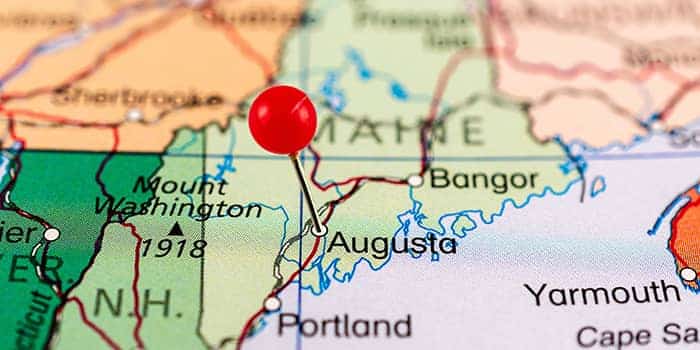
Industry
June 17, 2025
Maine Tribal iGaming Inches Closer to Reality


